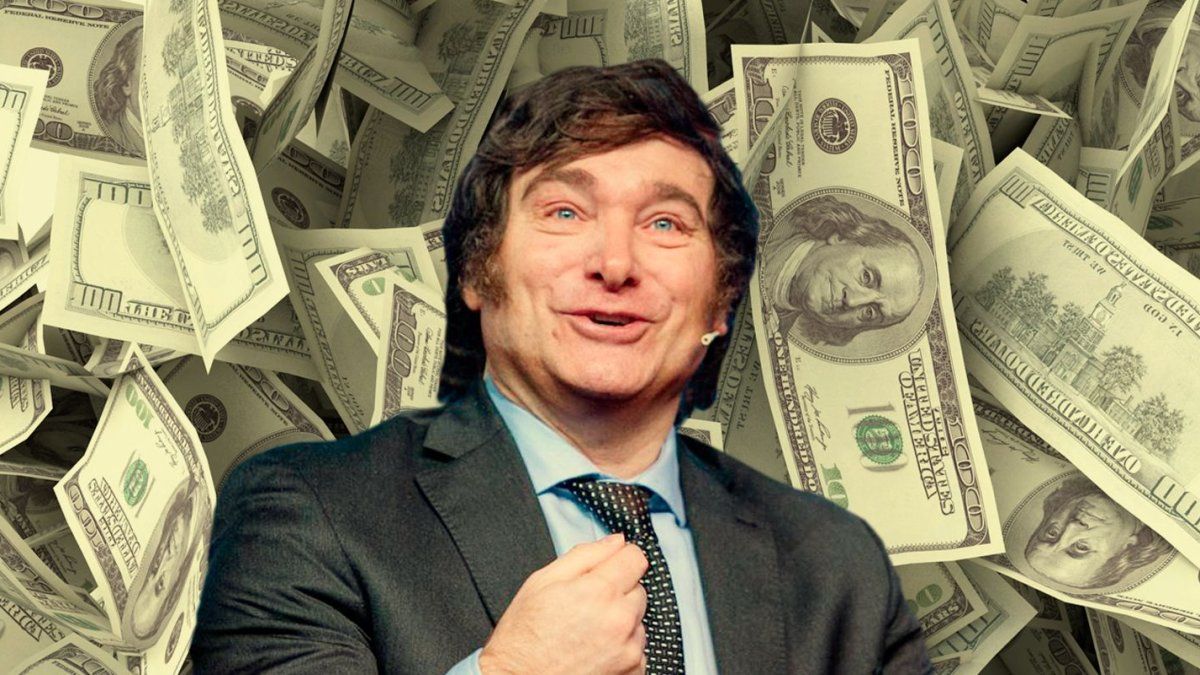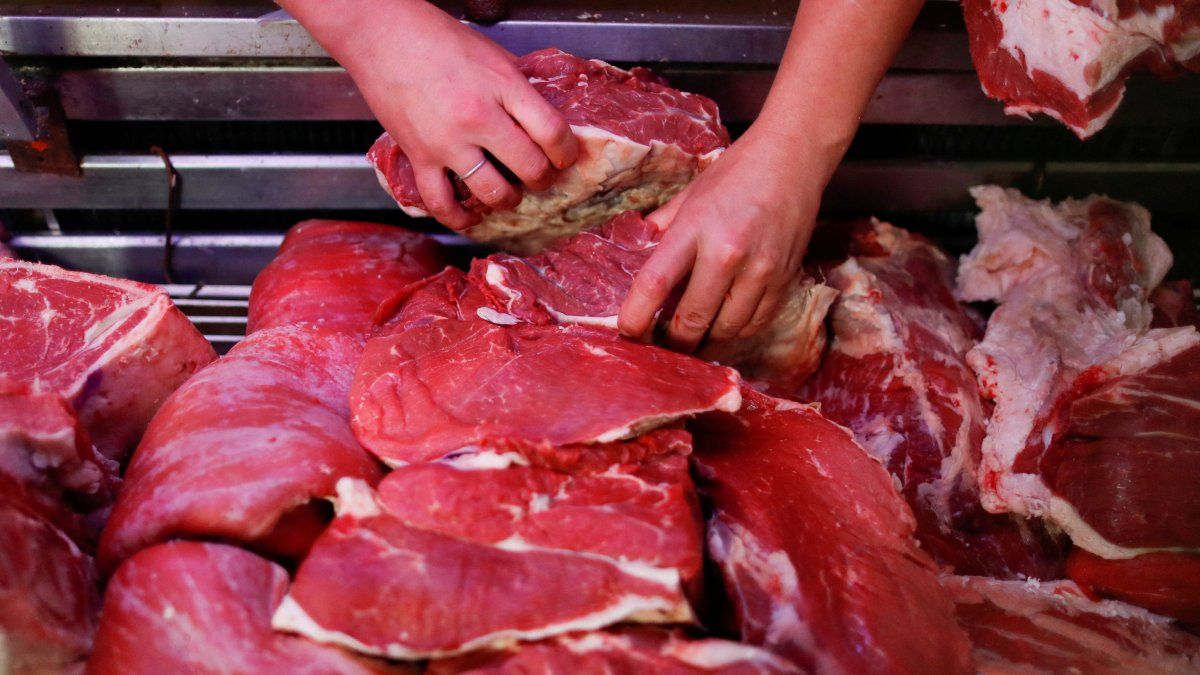He European Central Bank (ECB) The planned course followed and cut his three official interest rates at 25 basic points (0.25 percentage points). This is the seventh cut in the current cycle of monetary flexibility and the sixth consecutive, after having reduced the cost of money in all its meetings since September.
Specifically, the Governing Council decided to place the deposit rate (DFR) at 2.25%, that of the main financing operations (MRO) in 2.40%and that of marginal credit ease (MLF) in 2.65%. These changes will come into force on April 23, 2025.
The ECB also pointed out that the disinflation process continues to progress. From Frankfort, they stressed that the evolution of inflation has been in line with the projections of the agency itself: both general and underlying inflation descended in March, standing at 2.2% and 2.4%, respectively, compared to 2.3% and 2.6% previous. A remarkable deceleration in the inflation of services has also been observed.
Lagarde’s words
As explained by the entity, “most of the underlying inflation indicators point to a sustained stabilization around the 2% objective of the Governing Council in the medium term.” In addition, salary growth shows signs of moderation, and companies are absorbing part of the impact of salaries, still high, on their benefits margins, which contributes to containing inflationary pressure.
I can’t say if we have reached the peak of uncertainty. The negotiations are underway and it is difficult to predict what can happen, “says Lagarde.”We must be prepared for the unpredictablebe agile and depend on the data. “
However, not all the panorama is encouraging. The ECB warned that the climbing of commercial tensions driven by the United States, under the leadership of Donald Trump, represents a risk to the eurozone economy.
In its statement, the monetary authority stressed that, although the economy of the block has shown a certain capacity for resistance to global disturbances, the growth prospects have weakened due to the aggravation of the international commercial context. According to the ECB, the increase in uncertainty could undermine the confidence of consumers and companies, and the volatile reaction of markets to these tensions could harden financial conditions. These elements, alert, could negatively affect the economic perspectives of the euro area.
It should be remembered that at its March meeting, the ECB reviewed its 2.3% inflation forecast and cut the 0.9% economic growth estimate.
For this reason, the Governing Council reaffirmed its commitment to price stability, and reiterated that it will continue working so that inflation is maintained in 2% in the medium term. In an environment marked by high uncertainty, the ECB insisted that it will adopt a data -based approach, evaluating the situation at each meeting before adjusting its monetary policy.
// The president of the ECB, Mario Draghi, said that the uncertainty about the inflation perspectives in the euro zone continue to go back.
The ECB reviewed its 2.3% inflation forecast and cut the 0.9% economic growth estimate.
In that sense, it made it clear that any decision on interest rates will be based on a detailed analysis of inflation projections, the most recent economic and financial data, the evolution of underlying inflation and the force with which monetary policy is transmitted, without committing in advance with a path defined for the types.
During the March meeting, the agency had already pointed out that the last type cuts had allowed monetary policy to adopt much less restrictive bias. Credit reduction is beginning to boost loans to companies and homes. In fact, in December I had already eliminated the reference to maintaining the types at “sufficiently restrictive levels during the time that is necessary.”
Finally, on the Assets Purchase Program (APP) and the Emergency Plan against Pandemia (PEPP), the ECB confirmed that both are gradually and foreseeable, since the eurosystem has stopped reinvesting the capital of the bonds that overcome.
Source: Ambito
I am a 24-year-old writer and journalist who has been working in the news industry for the past two years. I write primarily about market news, so if you’re looking for insights into what’s going on in the stock market or economic indicators, you’ve come to the right place. I also dabble in writing articles on lifestyle trends and pop culture news.




